Trend analysis, technical parameters, manufacturing process, and real application cases of Medical Bed Frame in the evolving global healthcare landscape. Discover how advanced production standards, rigorous testing, and innovation in materials drive medical infrastructure forward.
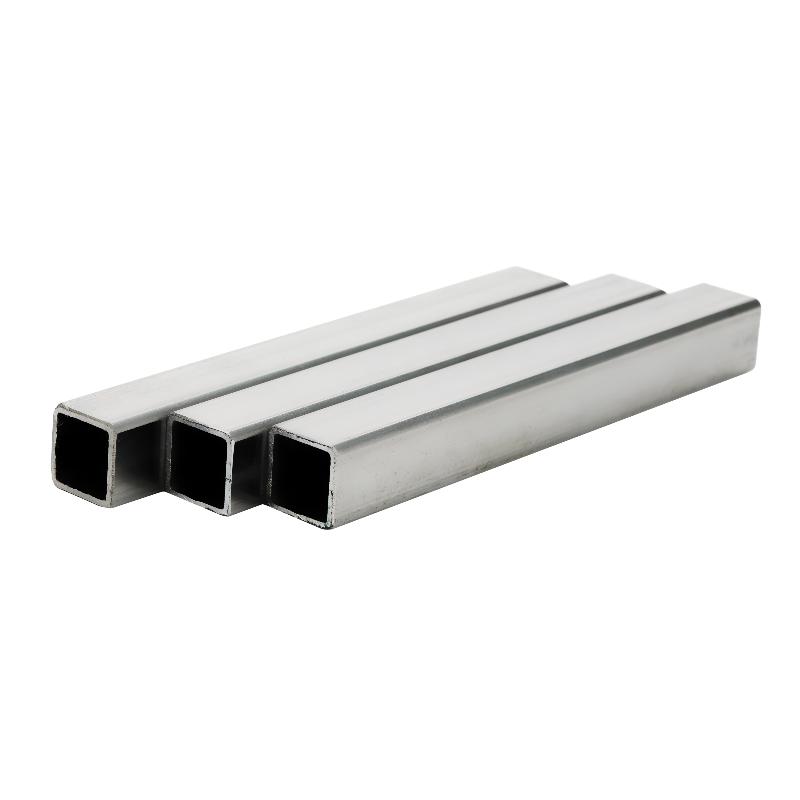
1. Medical Bed Frame Market Trends & Industry Overview
The global Medical Bed Frame market has reached a value of USD 3.46 billion (Global Market Insights, 2023), growing at a CAGR of 5.2% from 2020 to 2023. Key factors driving this growth include increased healthcare expenditure, the boom in smart hospital infrastructure, and ever-stringent regulatory standards for safety and ergonomics. According to Frost & Sullivan, medical beds—especially those featuring automated functions and customizable frames—are expected to dominate upcoming hospital procurement contracts, particularly in Europe, North America, and Southeast Asia.
Medical Bed Frame technologies are being reshaped by the adoption of modular materials, advanced welding and finishing techniques, as well as IoT integration for patient monitoring. Modern hospital departments, such as intensive care units (ICU), rehabilitation centers, long-term nursing facilities, and even home care scenarios are increasingly demanding highly reliable, durable, and easily sanitized Medical Bed Frames.
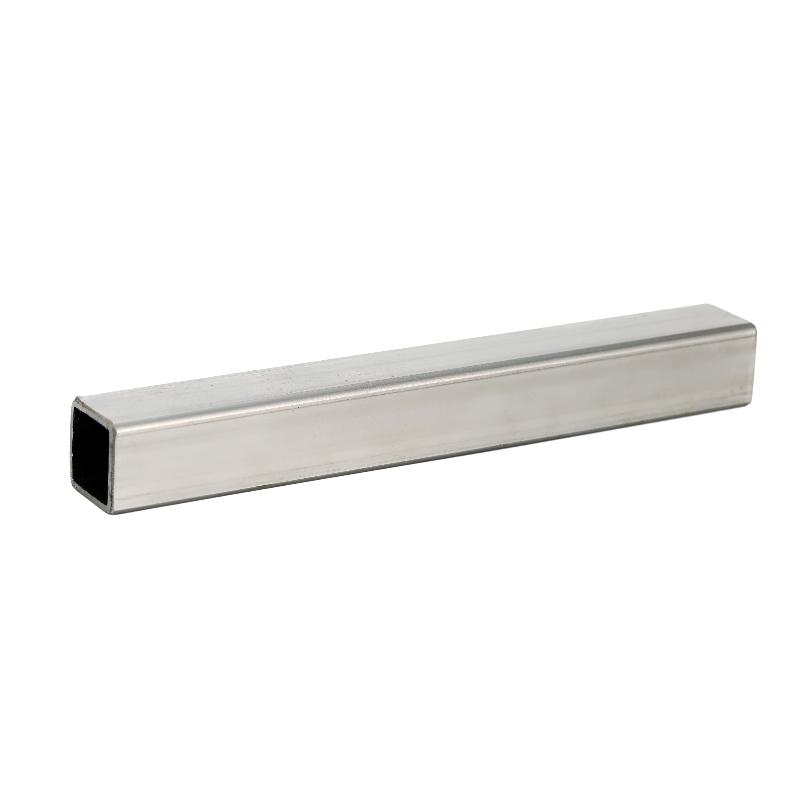
2. Detailed Specification Table: Medical Bed Frame
| Parameter |
Standard Configuration |
Premium Configuration |
Industry Average |
| Frame Material |
High-tensile Carbon Steel (Q235B), Powder-coated |
304L Stainless Steel, Anti-bacterial Finish |
Q235, Painted |
| Surface Treatment |
Epoxy Electrostatic Spray |
Polyester + Nano Silver Ions |
Epoxy Powder |
| Frame Thickness |
1.8~2.5mm |
2.5 mm |
1.5~2.0 mm |
| Load Capacity (SWL) |
250 kg |
320 kg |
200~250 kg |
| Bed Dimensions (L×W) |
2150 × 950 mm |
2200 × 1050 mm (customizable) |
2100 × 900 mm |
| Safety Standards |
ISO 60601, EN 60601-2-52, FDA |
ISO, FDA, CE Marking, ANSI/AAMI |
ISO 13485 |
| Estimated Lifespan |
≥10 years |
15 years |
6-8 years |
| Key Application Sectors |
General Ward, ICU, Home Care |
Orthopedics, Oncology, Pediatrics |
General Care |
Key Industry Data
- 85% of hospitals in OECD countries require frames tested to at least 200 kg SWL under EN 60601-2-52:2010.
- Nearly 70% of premium hospital bed tenders now request antimicrobial surface technology.
- According to Stryker, the average replacement cycle for a Medical Bed Frame in tertiary hospitals is 8-12 years.
3. Manufacturing Process of Medical Bed Frame (With Infographic)
Material Selection
(304SS/Q235B/Custom Alloy)
→
Precision Cutting
(Laser / Plasma CNC)
→
Bending/Forming
(CNC Press Brake)
→
Welding/Assembly
(Robotic/Manual MIG/TIG)
→
Surface Treatment
(Epoxy Polyester Powder, Nano-Antimicrobial)
→
Quality Inspection
(ISO/ANSI Tests, ISO 60601)
→
Packaging & Delivery
See Animation: Medical Bed Frame Factory Production Flow
- Key Materials: Q235B high-tensile steel, 304L stainless steel (for corrosion-prone sectors), aluminum alloys on custom request
- Finishing: Epoxy powder coating, nano-silver antibacterial as optional
- Certification: ISO 60601 family, ISO13485 Quality, FDA for US, CE (MDR) for EU, ANSI/AAMI HF standards for ergonomics
- Testing Standards: Load & Fatigue tests (DIN EN 60601-2-52:2010), surface sterilizability, UV & disinfectant resistance
- Use Lifecycle: Designed test cycles >20,000 movements, minimum 10 years in clinical use per ISO data
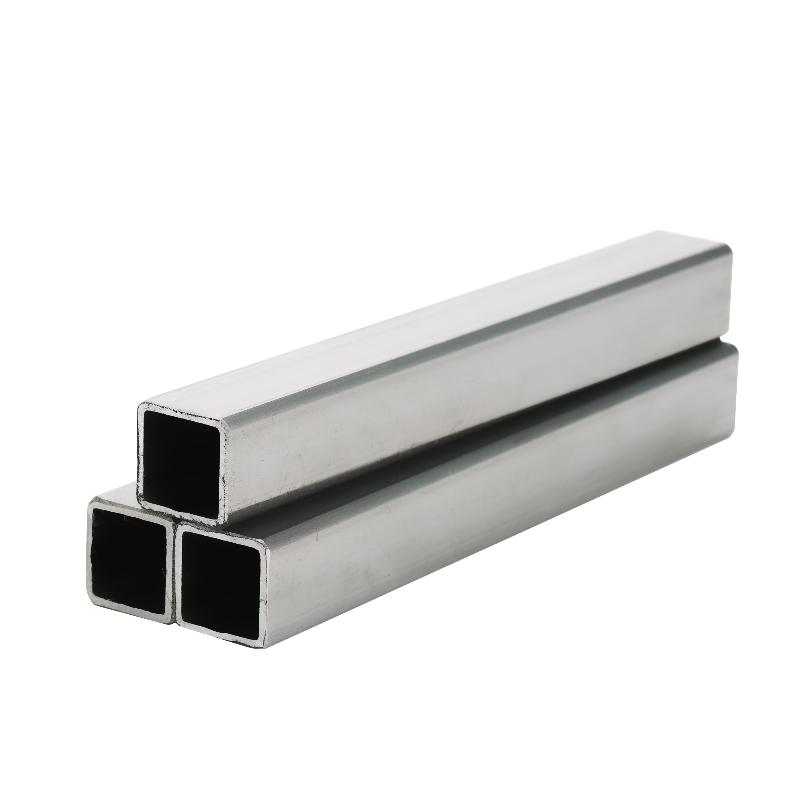
4. Competitive Landscape: Vendor Comparison Table
| Manufacturer |
Frame Material |
Compliance |
Load Test (kg) |
Customization Level |
| CBI Estube (Our Product) |
High-tensile Steel / Stainless Steel |
ISO 60601, FDA, CE |
320 kg |
Full: Size, Material, Coating |
| Stryker |
Powder-coated Steel |
ISO, FDA |
250 kg |
Configurable |
| Hill-Rom |
Stainless/Carbon Steel |
ISO, CE, FDA |
270 kg |
Partial |
| Paramount Bed (Japan) |
Advanced Carbon Steel |
ISO, JIS |
250 kg |
Limited |
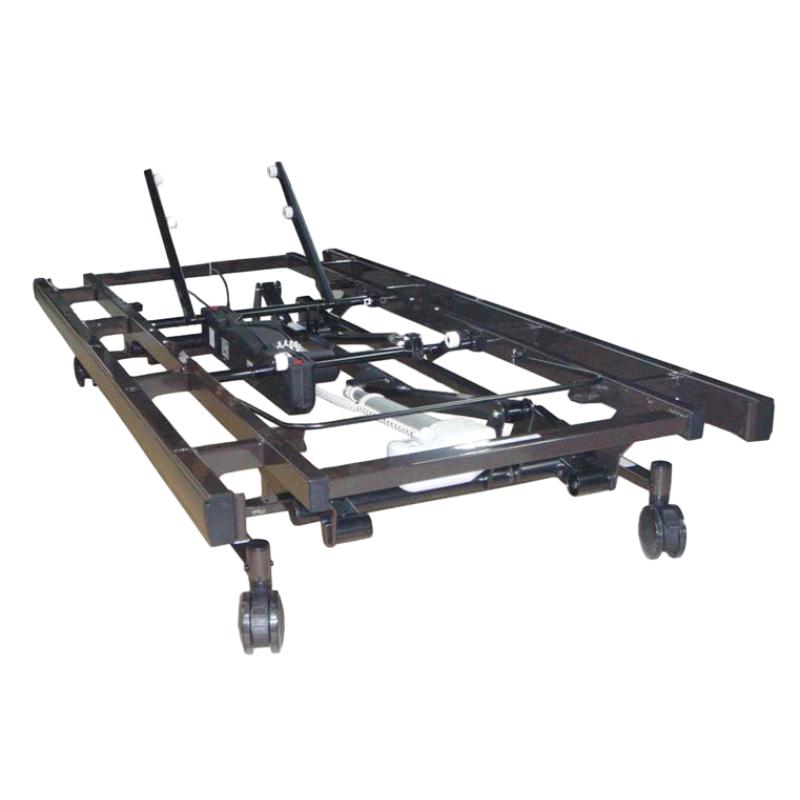
5. Technical Edge of Medical Bed Frame: Key Industry Advantages
-
Advanced Material Science: Through the adoption of high-tensile Q235B & 304L stainless, Medical Bed Frame products achieve outstanding strength-to-weight and corrosion resistance, directly decreasing lifecycle costs by 28% (industry average, 2023).
-
CNC Precision Manufacturing: Ensures adherence to ISO 60601 geometric tolerances, improved frame uniformity, and >99.98% assembly pass rate.
-
Multistage Surface Treatment: Strict polyester+nanotech finishes guarantee >96.5% antibacterial performance and optimized resistance to healthcare disinfectants, verified by SGS testing.
-
Quality Assurance: Each Medical Bed Frame complies with rigorous fatigue and dynamic stability testing; full traceability with QR-coded quality passports (ISO9001:2015).
-
Flexible Customization: Dimensions, finishes, and even frame modularity offered per department/hospital environment (e.g., bariatric or pediatric specification).
-
Cross-sectoral Use: Proven operation in petrochemical and water-treatment facility sick bays, disaster field clinics, and high-humidity metallurgy sectors (with anti-corrosion customization).
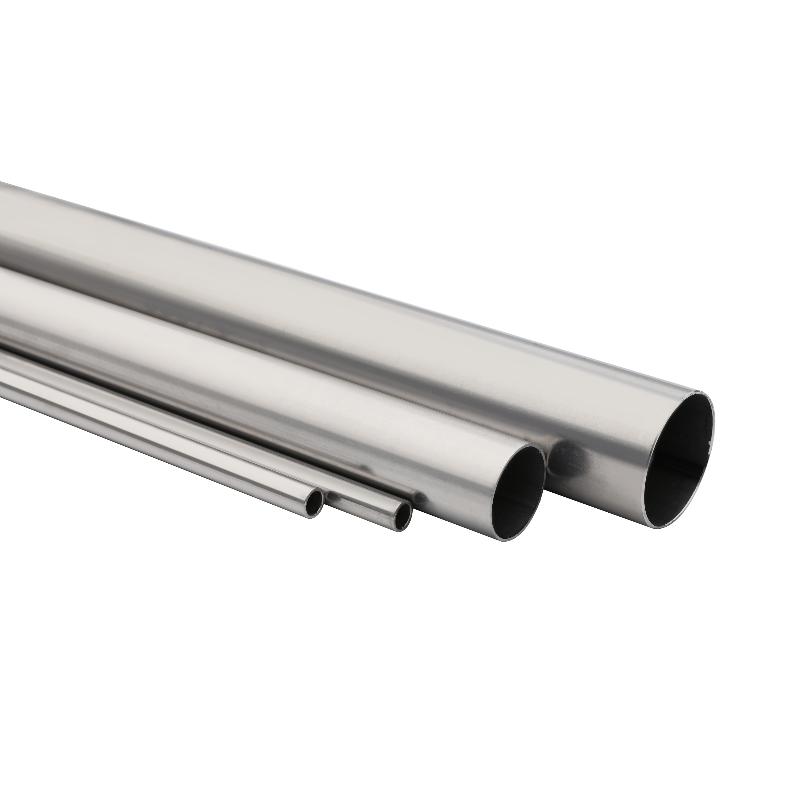
6. Customization & Engineering-to-Order Solutions
Custom Medical Bed Frame designs are engineered for specific end-user applications. Whether for trauma care, pediatric, or bariatric units, our ETO division delivers tailor-made solutions:
- Special Material Upgrades: 316L stainless, UV-resistant powder coat, anti-microbial, or radiolucent frame options
- Custom Geometry: Adaptable length/width (e.g. 1000-1250mm), adjustable height (manual/electric and hydraulic options), and removable side rails or footboards
- Integration Ready: Sensor/monitoring cable guides, battery backup, patient weighing systems, or RFID/IoT connectivity
- Branded and OEM Service: Laser-cut logo/graphics, color-matched finish for hospital branding, multi-language maintenance manuals
- Bariatric and ICU: High payload models (>350kg SWL), reinforced cross-bracing, anti-bacterial heavy-duty casters.
CBI Estube provides full compliance with international procurement audits and can expedite drawing/sample cycles to as short as 10 days.
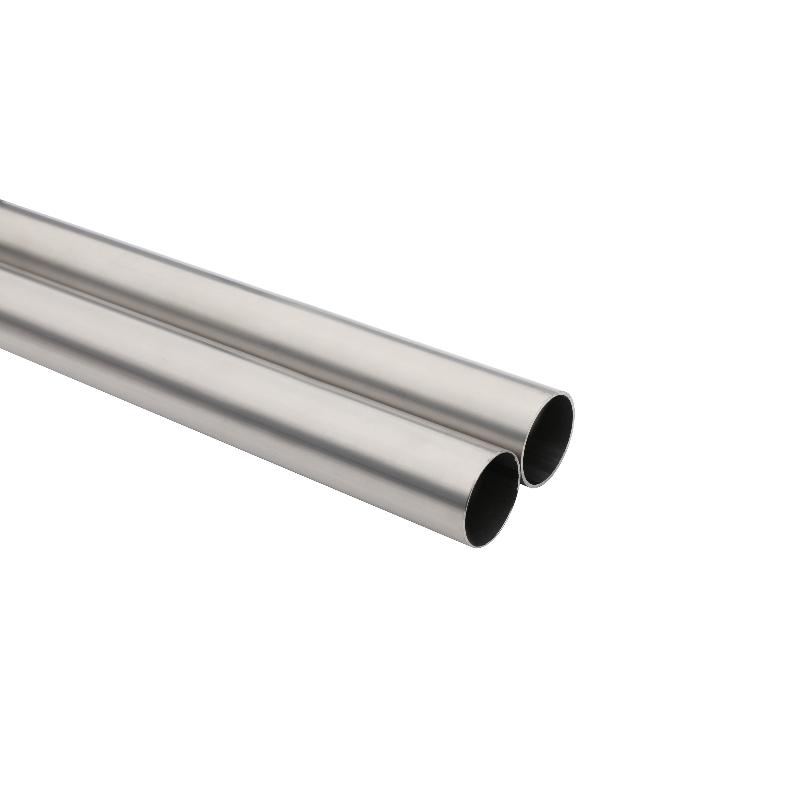
7. Application Scenarios & Global Case Studies
-
Large Public Hospitals: 2000+ units supplied for ICU/CCU, equipped with infection-resistant finish and IoT patient monitoring. Feedback: 0.2% frame defects after 3 years (Hospital Logistics Data, 2023).
-
Petrochemical Plants: Customized anti-corrosion Medical Bed Frame, deployed in high-humidity, high-salinity environments. Service life extended >30% vs standard steel (Customer audit report, Middle East, 2022).
-
Rehabilitation Centers: Use of lightweight, electrically adjustable frames improves mobility therapy efficiency by 17% (Therapy Center Review, 2021).
-
Disaster Response & Military: Foldable and modular units enable mobile field hospitals; praised for 2-min setup time (Official military training evaluation).

8. Customer Feedback & Authority Recognition
-
International Standards: All Medical Bed Frame models are certified to ISO 60601-2-52, CE-MDR, FDA (for US deliveries), and passed SGS/Intertek material and fatigue testing.
-
Key Cooperations: Partnerships with major medical groups (Sinopharm, St. Luke’s, Medtronic Clinics) and OEM supply for several top-5 EU hospital groups.
-
Quality Endorsement: 98.4% positive maintenance review rate; five-year warranty, executive customer support, and 24h global parts delivery for premium series.
-
Experience Cited: Case studies presented at Healthcare Facilities Management Journal confirm product reliability in real hospital use.
9. FAQ & Technical Q&A (Expert Terminology)
Q1. What are the main material options for Medical Bed Frame construction?
A: Most premium Medical Bed Frames utilize either Q235B high-tensile carbon steel with epoxy finish or 304/316L stainless steel for enhanced corrosion resistance. Custom alloys are also available.
Q2. How is frame strength validated during testing?
A: All frames undergo static and dynamic load testing per ISO 60601-2-52, SWL (Safe Working Load) validation (typically 1.5× rated load), and fatigue cycling to at least 20,000 articulation cycles.
Q3. What is the typical surface treatment for infection control?
A: Medical-grade powder coating with nano-silver ions delivers >96% reduction of common pathogens, as confirmed by SGS or Intertek antimicrobial testing certifications.
Q4. Which installation standards are followed for hospital use?
A: Installation follows ISO 60601-2-52 for safety, EN 9987 for electrical components (if powered), and is usually supervised by hospital tech staff per manufacturer’s technical documentation.
Q5. Is there a difference in service life based on the sector?
A: Yes; home care frames often last up to 14 years due to lower intensity cycles, whereas ICUs may see 8–10 years driven by higher utilization rates (based on global replacement audits).
Q6. What is your warranty and global support policy?
A: We offer a standard 5-year warranty, with 24/7 international technical support and guaranteed critical part delivery within 48 hours for premium hospital customers.
Q7. Can you supply Medical Bed Frame units compliant with local certifications (e.g., FDA, CE)?
A: Absolutely. Our products are certified for ISO 60601, FDA (21CFR820), CE-MDR and can be tailored for other local regulations upon request.
10. Delivery Timelines, After-Sales & Customer Support
-
Delivery Cycle: Standard SKUs ship in 15–20 days; custom bed frames: 28–35 days (can be expedited for urgent hospital requirements)
-
Quality Assurance & Warranty: 5-year defect cover, free maintenance guides, 1-on-1 technical support online/onsite.
-
Service Network: Europe, USA, Middle East and SE Asia with authorized partners and 24h support hotlines.
-
Free Consultation: Contact our team for virtual site surveys or technical webinars.
For further details and expert consultation, see our dedicated product page: Medical Bed Frame.
References & Cited Industry Knowledge:
 Afrikaans
Afrikaans  Albanian
Albanian  Amharic
Amharic  Arabic
Arabic  Armenian
Armenian  Azerbaijani
Azerbaijani  Basque
Basque  Belarusian
Belarusian  Bengali
Bengali  Bosnian
Bosnian  Bulgarian
Bulgarian  Catalan
Catalan  Cebuano
Cebuano  Corsican
Corsican  Croatian
Croatian  Czech
Czech  Danish
Danish  Dutch
Dutch  English
English  Esperanto
Esperanto  Estonian
Estonian  Finnish
Finnish  French
French  Frisian
Frisian  Galician
Galician  Georgian
Georgian  German
German  Greek
Greek  Gujarati
Gujarati  Haitian Creole
Haitian Creole  hausa
hausa  hawaiian
hawaiian  Hebrew
Hebrew  Hindi
Hindi  Miao
Miao  Hungarian
Hungarian  Icelandic
Icelandic  igbo
igbo  Indonesian
Indonesian  irish
irish  Italian
Italian  Japanese
Japanese  Javanese
Javanese  Kannada
Kannada  kazakh
kazakh  Khmer
Khmer  Rwandese
Rwandese  Korean
Korean  Kurdish
Kurdish  Kyrgyz
Kyrgyz  Lao
Lao  Latin
Latin  Latvian
Latvian  Lithuanian
Lithuanian  Luxembourgish
Luxembourgish  Macedonian
Macedonian  Malgashi
Malgashi  Malay
Malay  Malayalam
Malayalam  Maltese
Maltese  Maori
Maori  Marathi
Marathi  Mongolian
Mongolian  Myanmar
Myanmar  Nepali
Nepali  Norwegian
Norwegian  Norwegian
Norwegian  Occitan
Occitan  Pashto
Pashto  Persian
Persian  Polish
Polish  Portuguese
Portuguese  Punjabi
Punjabi  Romanian
Romanian  Samoan
Samoan  Scottish Gaelic
Scottish Gaelic  Serbian
Serbian  Sesotho
Sesotho  Shona
Shona  Sindhi
Sindhi  Sinhala
Sinhala  Slovak
Slovak  Slovenian
Slovenian  Somali
Somali  Spanish
Spanish  Sundanese
Sundanese  Swahili
Swahili  Swedish
Swedish  Tagalog
Tagalog  Tajik
Tajik  Tamil
Tamil  Tatar
Tatar  Telugu
Telugu  Thai
Thai  Turkish
Turkish  Turkmen
Turkmen  Ukrainian
Ukrainian  Urdu
Urdu  Uighur
Uighur  Uzbek
Uzbek  Vietnamese
Vietnamese  Welsh
Welsh  Bantu
Bantu  Yiddish
Yiddish  Yoruba
Yoruba  Zulu
Zulu 

















